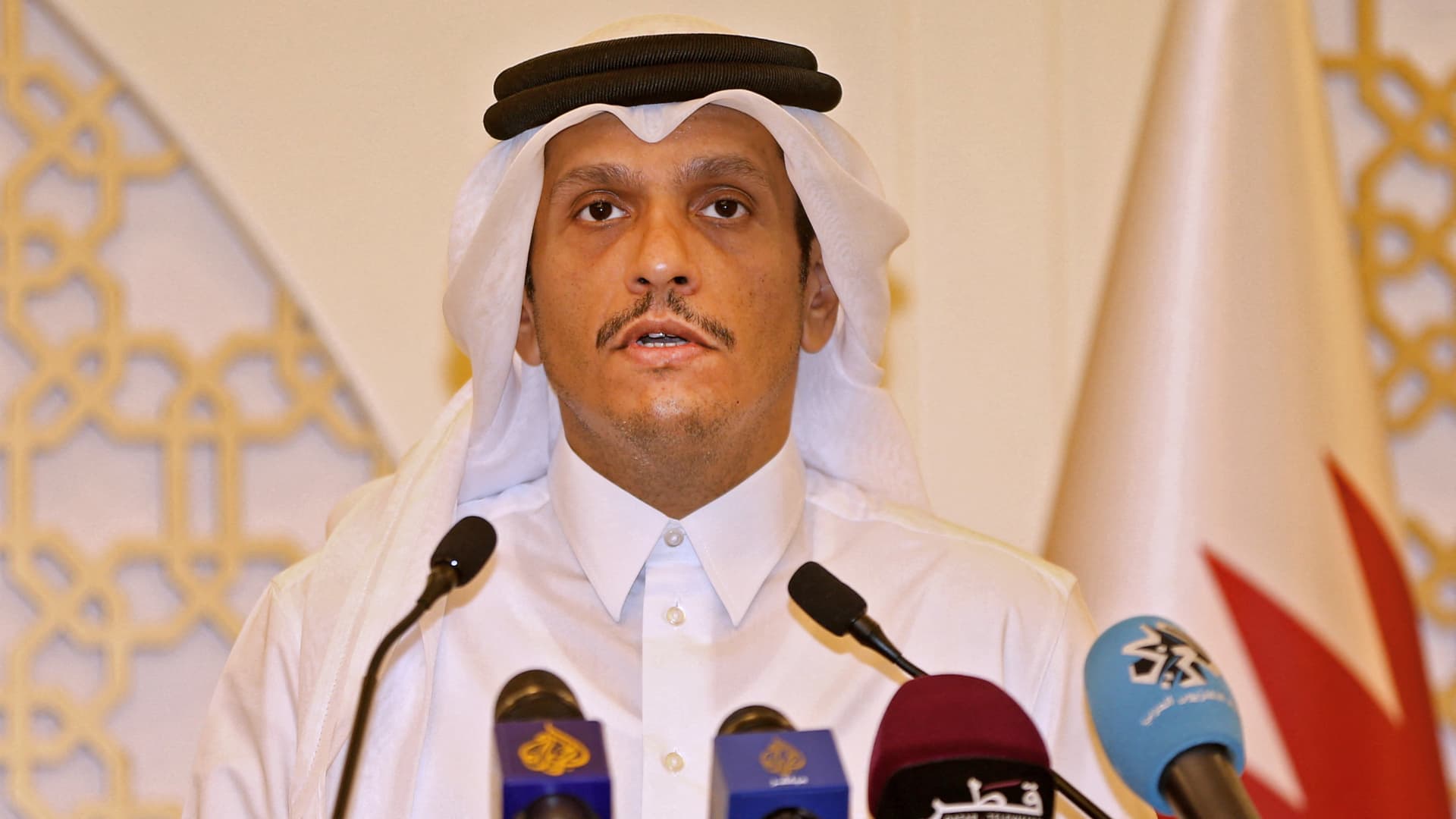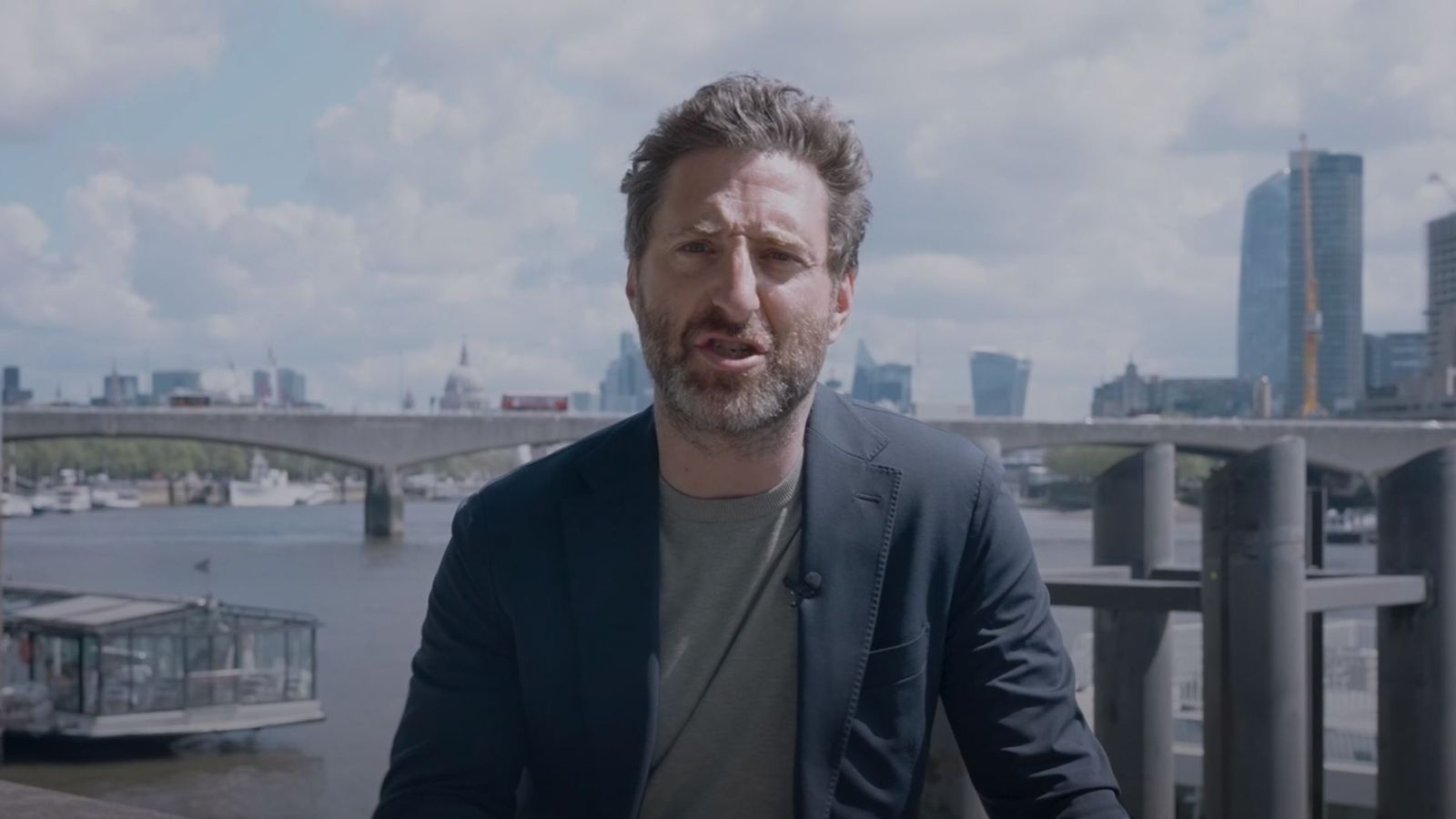The Biden administration’s decision to release oil from U.S. reserves is a “mistake,” former U.S. Energy Secretary Dan Brouillette told on Wednesday.
“I do think it’s a bad policy choice. There’s no question about that,” he told CNBC’s “Capital Connection” one day after President Joe Biden announced that 50 million barrels of oil would be released from the country’s Strategic Petroleum Reserve.
China, India, Japan, South Korea and the U.K. will also be releasing their oil reserves as part of global efforts by high energy-consuming countries to cool energy prices.
The SPR in the U.S. is a national security asset meant to protect the country and its citizens from supply disruptions, such as during emergency situations, said Brouillette, who served as energy secretary under former President Donald Trump.
“It’s not a supply emergency, and the only emergency I can … see in this case is a political emergency,” he said.
The Biden administration’s action shows they are concerned about the midterm elections in 2022, Brouillette said.
“This is driving the decision — perhaps more than anything else — because as I said earlier, it’s not a supply emergency,” he said.
It’s a mistake, we should not be using it for these purposes.Dan BrouilletteFormer U.S. Energy Secretary
Oil producers in the U.S. pump around 11 million barrels per day, according to the Energy Information Administration.
“The issue for the United States is not [oil] supply, it’s politics,” Brouillette said. “I hate to see these types of decisions … the Strategic Petroleum Reserve being used in this way. It’s unfortunate.”
“It’s a mistake, we should not be using it for these purposes,” he added.
Three presidents have used the SPR as an emergency response tool in the past, according to the Office of
Fossil Energy and Carbon Management. The drawdowns were ordered to help stabilize the market during Libya’s civil war, Hurricane Katrina and the Persian Gulf War.
Energy inflation
Oil prices have risen more than 60% so far this year as economies reopened and there was a sharp rebound in demand.
The U.S. asked OPEC and its allies to increase production in order to tamp down prices, but the oil alliance stuck to its plan of adding supply gradually.
Brouillette said using the SPR to “strike back” at OPEC is “absolutely … the wrong approach,” and there are other levers the U.S. can use.
Instead of tapping the reserves, the U.S. should allow projects such as the Keystone XL pipeline, a major U.S.-Canada oil pipeline that was expected to carry about 830,000 barrels per day of Alberta oil sands crude to Nebraska. It was officially canceled in June after Biden revoked a key permit needed for a U.S. stretch of the 1,200-mile project.
Washington could also allow oil production on federal land, the former energy secretary said.
One of the first things Biden did when he was inaugurated in January was to sign a slew of executive actions on climate change, including one to halt new oil and natural gas leases on public lands and water. The suspension has been blocked for now, and a record offshore lease sale opened this month.
Increasing production is a better way to influence prices, Brouillette said, noting that the U.S. was a swing producer for many years and essentially set the world’s oil prices.
“Our ability to produce 13 million barrels a day of oil really did shape the marketplace for three to four years,” he said. “It’s important that we return to that approach — not using a national asset like the Strategic Petroleum Reserve in order to affect pricing.”
— CNBC’s Pippa Stevens, Matt Clinch, Natasha Turak and Emma Newburger contributed to this report.

